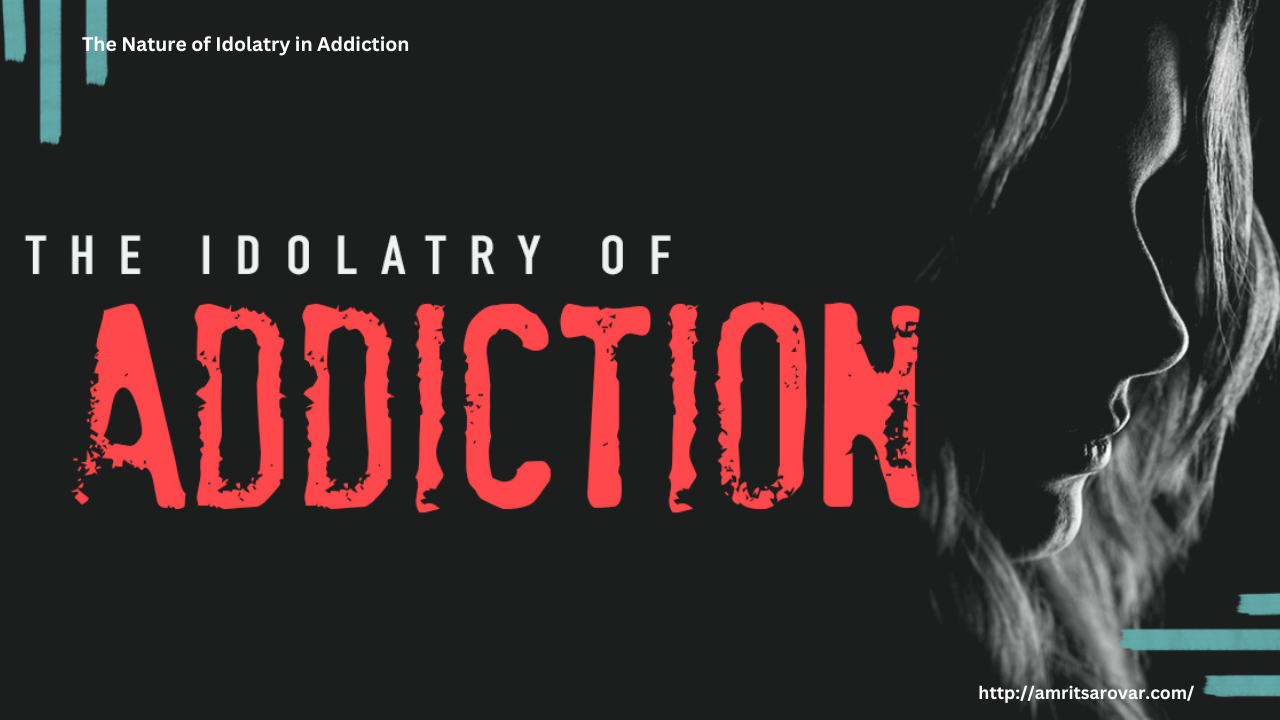Addiction is built on deception. It lures individuals in with promises of relief, escape, and pleasure, only to leave them stranded at empty altars, worshiping a substance or behavior that can never truly satisfy. Like false gods that demand sacrifice but give nothing in return, addiction takes hold of the mind and spirit, leading individuals down a path of destruction. Recognizing the deceptive nature of addiction is the first step toward breaking free and finding true fulfillment.
The Illusion of Control
One of addiction’s greatest lies is the illusion of control. Many who fall into its grasp believe they can stop whenever they choose. The substance or behavior initially feels like a tool—something that can be managed and used at will. Over time, however, addiction reverses this dynamic. What once seemed like a choice becomes a necessity, dictating thoughts, actions, and even identity. The promise of freedom quickly turns into a form of bondage, leaving the individual trapped in a cycle of dependence.
The False Sense of Fulfillment
Addiction presents itself as a source of fulfillment, offering a temporary escape from pain, stress, or loneliness. Whether through alcohol, drugs, gambling, or other compulsive behaviors, the initial experience may provide a fleeting sense of euphoria. However, the satisfaction is never lasting. Like a worshipper kneeling before an empty altar, the individual continues returning, hoping to find what was promised, only to be left unfulfilled time and time again. The more one seeks, the deeper the void becomes.
The High Cost of Worship
All forms of addiction demand sacrifice. Time, health, relationships, finances, and personal integrity are often laid on the altar of dependency. The deeper one sinks into addiction, the more it requires, stripping away everything valuable. Eventually, the addict may find themselves isolated and broken, having given everything to a false promise that never delivered. The tragedy is that many do not recognize the cost until they have lost nearly everything.
Breaking Free from the Deception
Escaping addiction requires recognizing its lies and choosing a different path. Recovery is not just about quitting a substance; it is about reclaiming one’s life and purpose. This begins with honesty—acknowledging the depth of the problem and seeking help. Support groups, faith-based recovery programs, therapy, and strong personal relationships all play a crucial role in rebuilding what addiction has torn down.
Finding True Fulfillment
The opposite of addiction is not simply sobriety, but genuine fulfillment. Many who break free from addiction find lasting peace in faith, purpose, and meaningful connections. Rather than returning to the empty altar of addiction, they discover true satisfaction in relationships, personal growth, and service to others. The deception of addiction loses its power when one finds a purpose greater than the false promises it once offered.
Conclusion
Addiction is a liar, promising joy while delivering despair. Its altars are empty, offering nothing but destruction in return for sacrifice. But freedom is possible. By exposing addiction’s deception and pursuing true fulfillment, individuals can break free and reclaim their lives. The journey is difficult, but the reward is a life no longer ruled by false promises, but filled with true purpose and hope.

